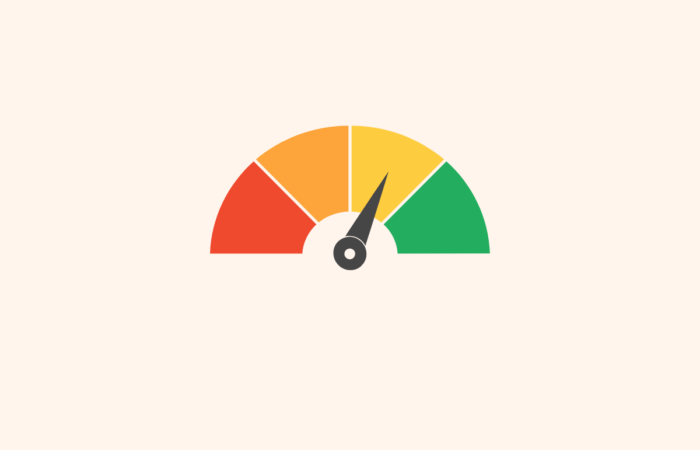
Term: California Consumer Privacy Act (CCPA)
The California Consumer Privacy Act (CCPA) is a California data protection law effective from January 1, 2020, granting consumers privacy rights and setting business obligations for personal information handling.
What is the CCPA?
The California Consumer Privacy Act (CCPA) is a set of rules that help protect people’s personal information in California. It applies to businesses that collect information from people living in California and requires them to be transparent about what information they collect and how it is used. It also gives people the right to access their information, ask for it to be deleted, and opt-out of having it sold. This law has an updated version called the California Privacy Rights Act (CPRA), which has even more protections for people’s personal information.
What Does The CCPA Mean For Businesses?
Businesses are subject to the CCPA if one or more of the following are true:
- Has gross annual revenues in excess of $25 million;
- Buys, receives, or sells the personal information of 50,000 or more consumers, households, or
- devices;
- Derives 50 percent or more of annual revenues from selling consumers’ personal information.
Important to know:
- Businesses subject to the CCPA must provide notice to consumers at or before data collection.
- Businesses must create procedures to respond to requests from consumers to opt-out, know, and
delete.
Non-compliance with CCPA can result in hefty fines and legal penalties. It’s crucial for businesses to understand their obligations under the act.


